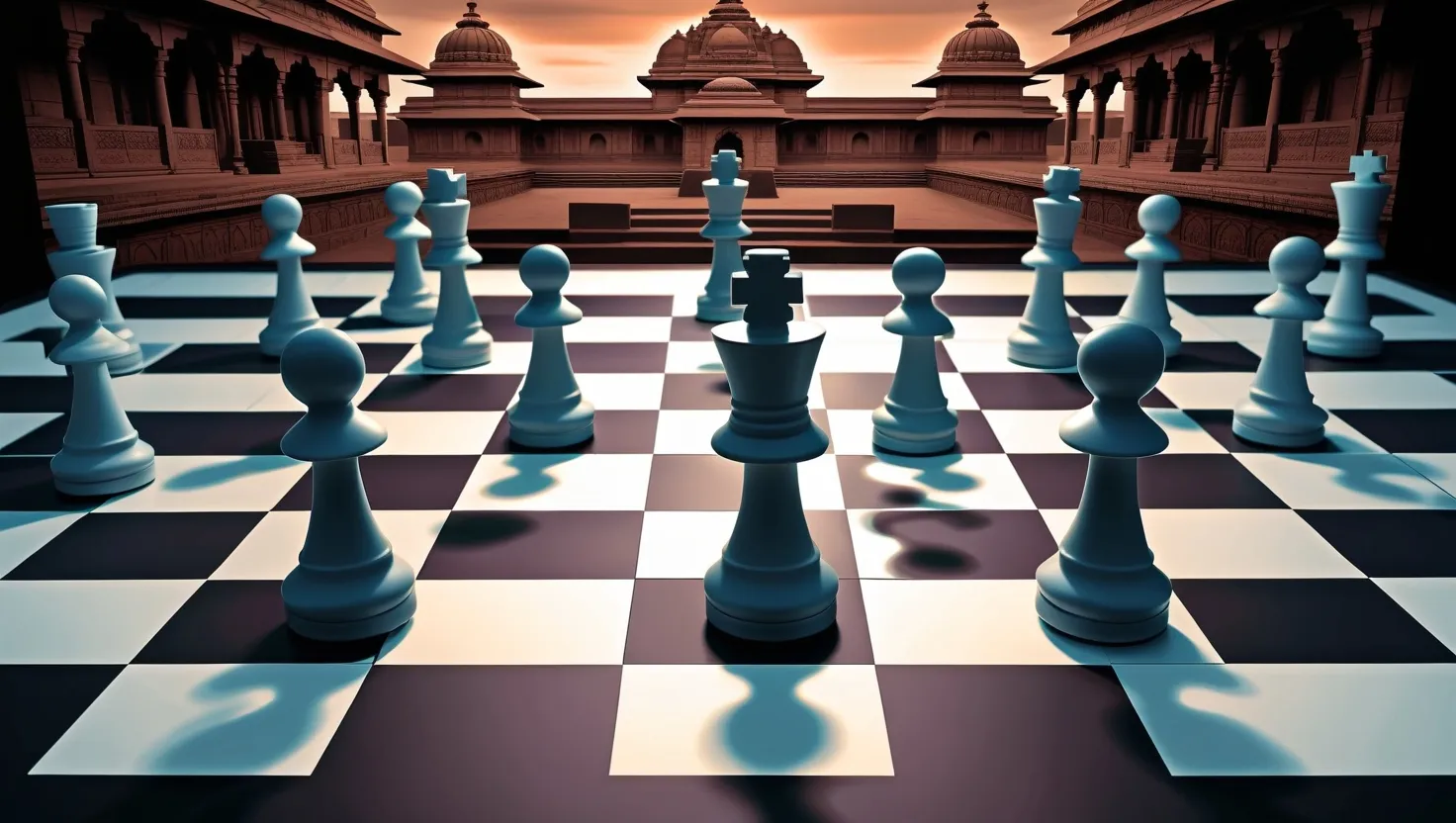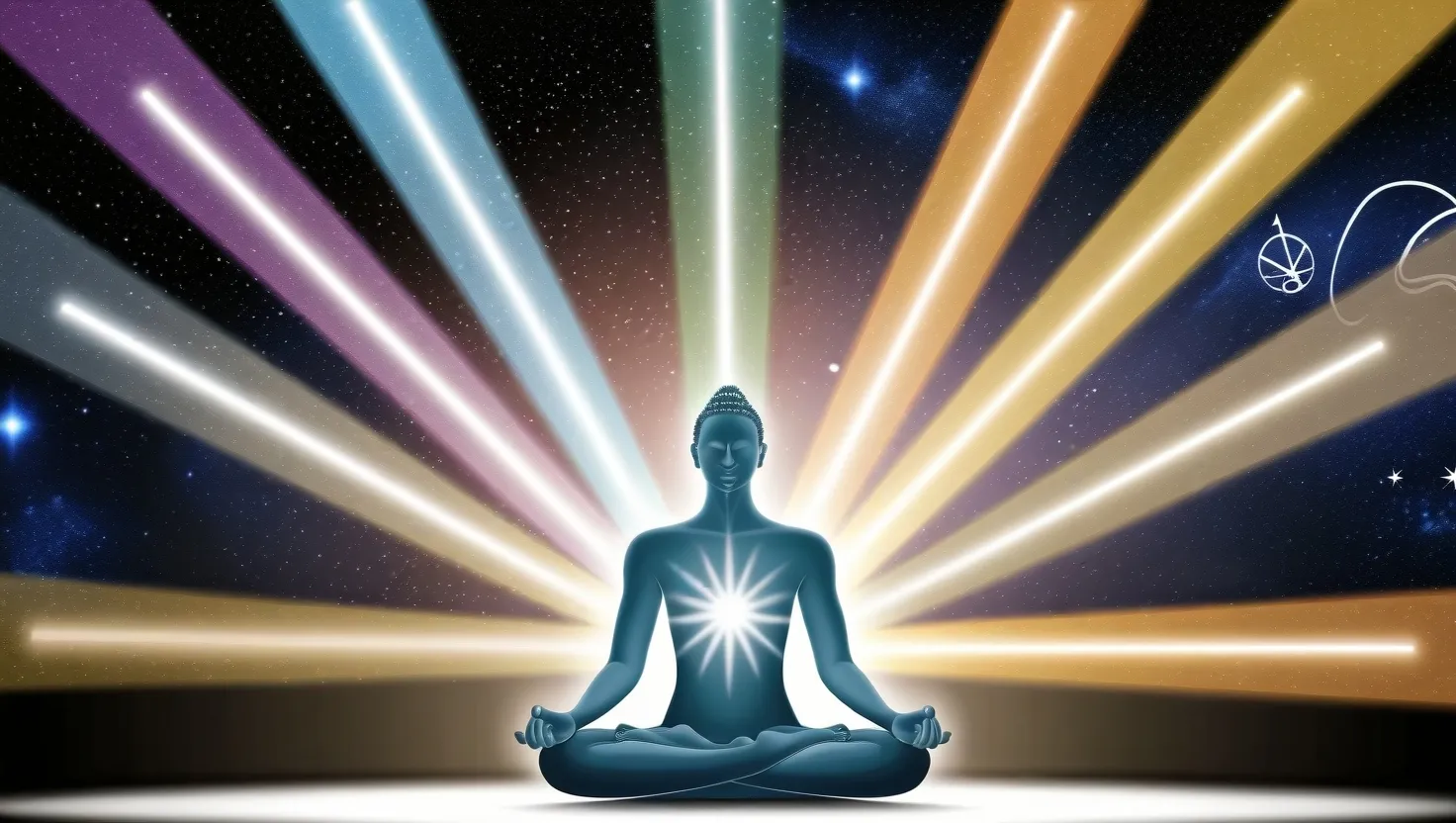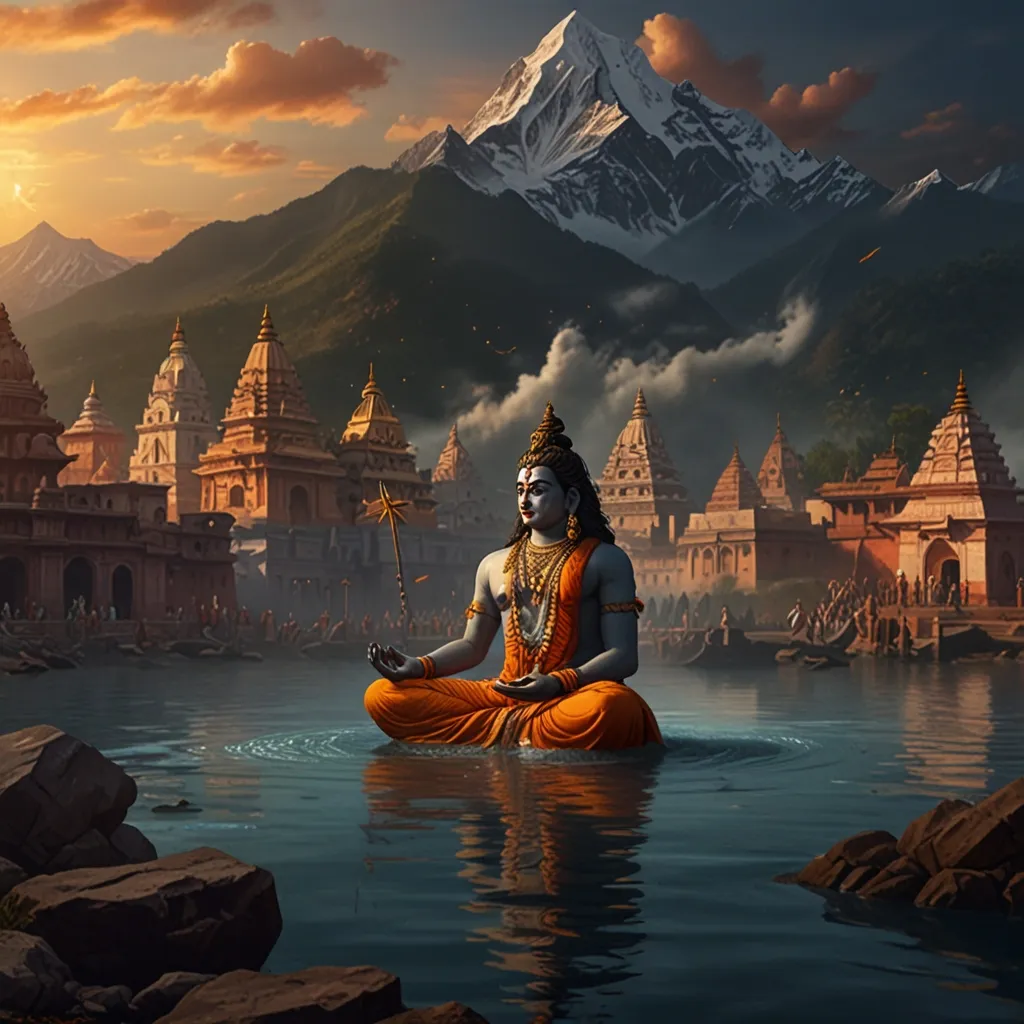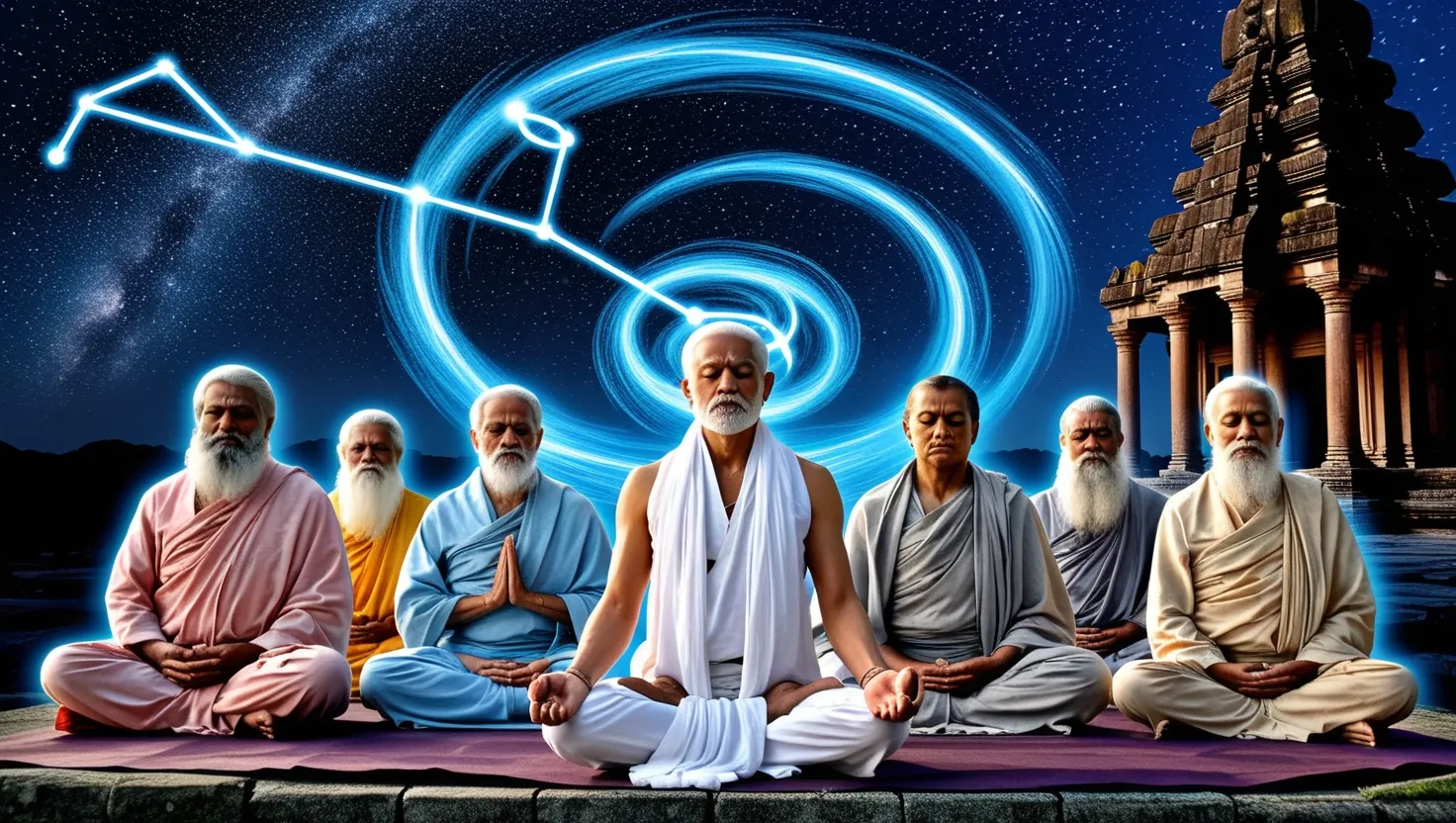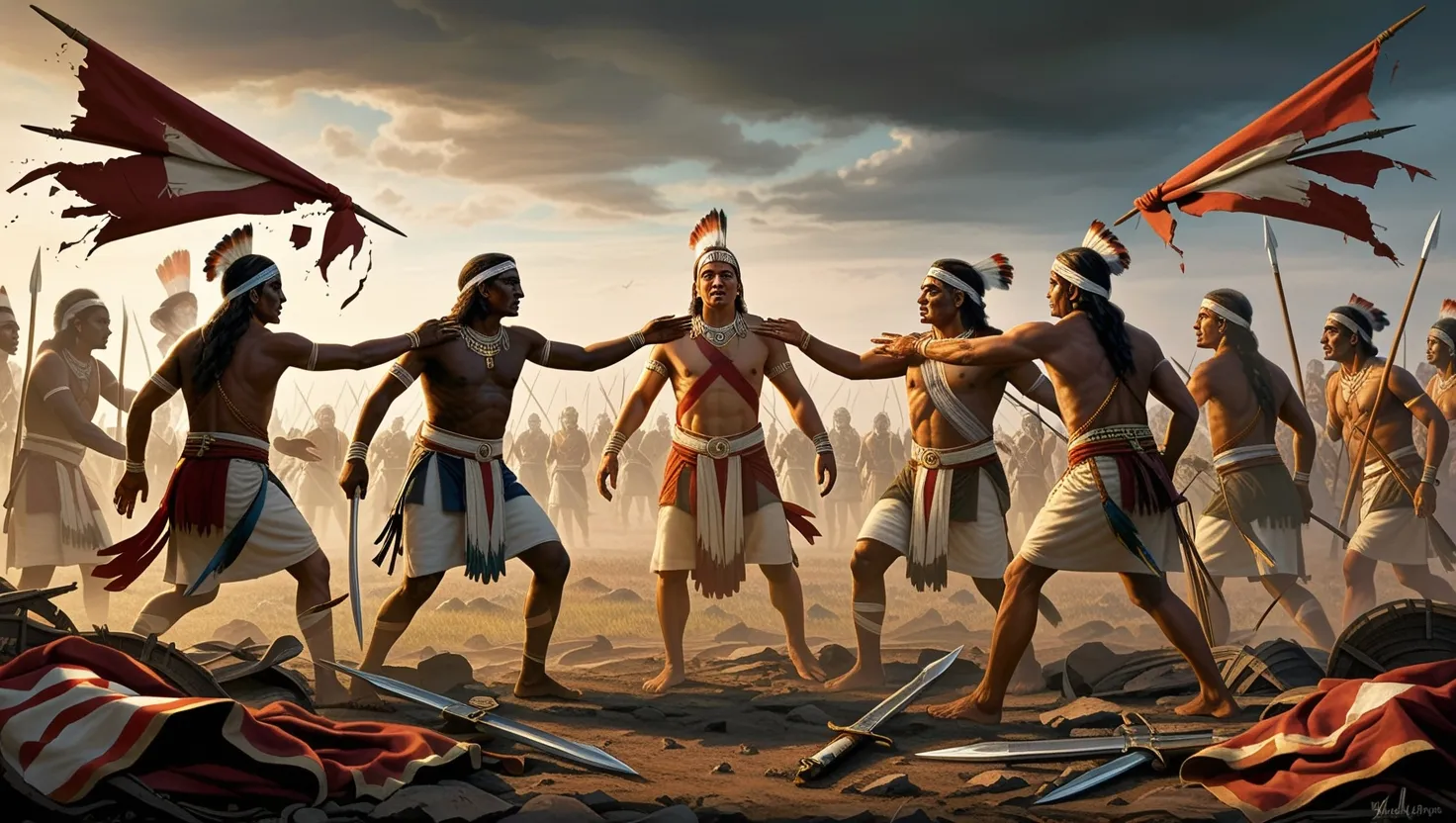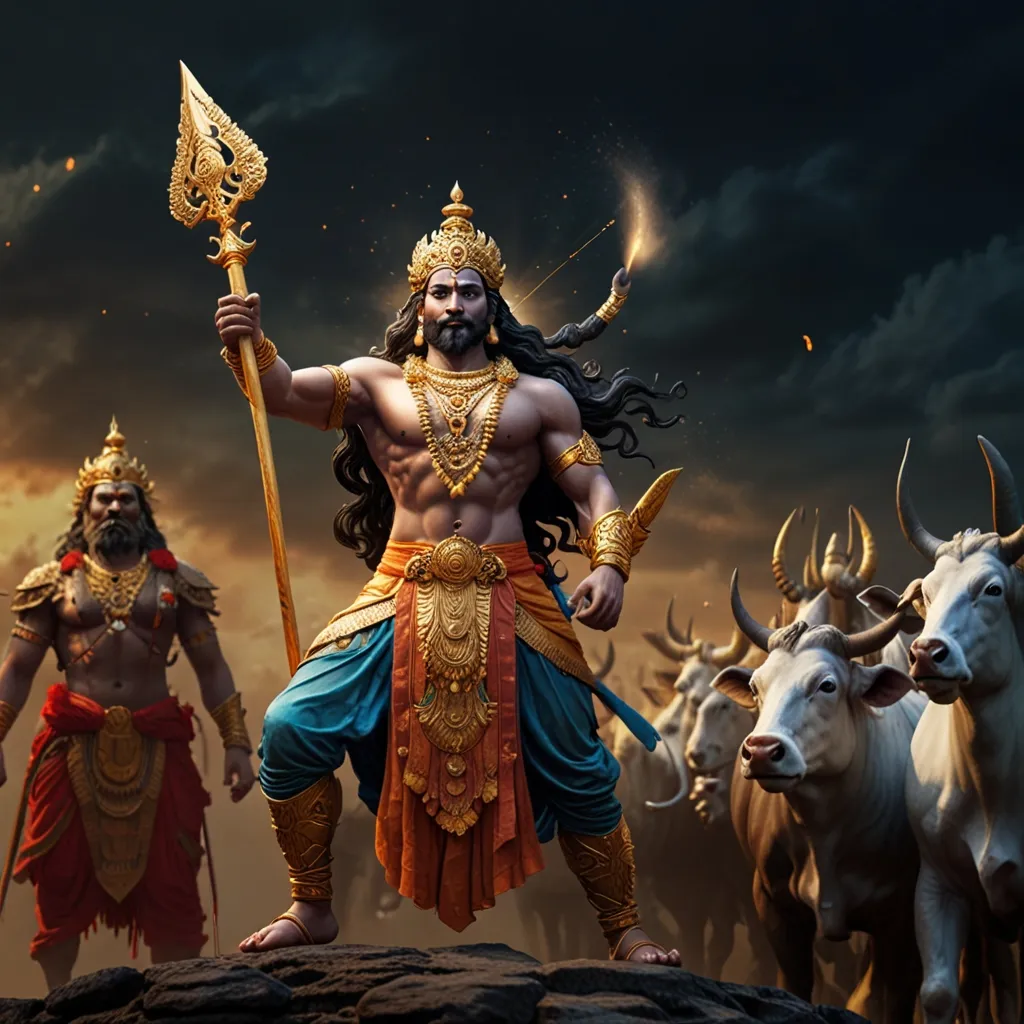The Mahabharata’s exploration of moral ambiguity offers a fascinating lens through which to examine the human condition. This ancient epic doesn’t shy away from presenting characters grappling with impossible choices, where the line between right and wrong blurs into shades of gray.
Consider the pivotal moment when Yudhishthira stakes everything, including his wife Draupadi, in a game of dice. On the surface, this seems an unforgivable act. Yet, as a king bound by honor, could he have refused the challenge without losing face and potentially inciting conflict? The text forces us to wrestle with the competing demands of personal ethics and societal expectations.
“I am a slave to dharma, not dharma to me,” Yudhishthira famously declares. But what happens when different aspects of dharma come into conflict? This dilemma echoes through our lives today. How often do we find ourselves torn between professional obligations and personal values? Between family loyalty and broader social responsibilities?
The character of Karna embodies another facet of moral complexity. Raised as a charioteer’s son but born a prince, he chooses to stand with the Kauravas out of gratitude and friendship, even when he learns of his true heritage. Is his loyalty admirable or misguided? There’s no easy answer.
What would you do if you discovered your closest friends were on the “wrong” side of a conflict? How much does the debt of past kindness weigh against present ethical concerns?
Even the divine Krishna is not above moral ambiguity. His advice to Arjuna on the battlefield of Kurukshetra has been debated for centuries:
“It is better to live your own destiny imperfectly than to live an imitation of somebody else’s life with perfection.”
This statement challenges us to consider: Is it more ethical to follow societal norms perfectly or to forge our own path, even if it means making mistakes?
Krishna’s role in the war, particularly his encouragement of tactics that might be considered dishonorable, raises profound questions about the nature of righteousness. Is deception ever justified in pursuit of a greater good? In our own lives, how do we balance idealism with pragmatism?
The treatment of Draupadi throughout the epic serves as a stark reminder of the complexities surrounding gender and power. Her question to the assembly after being staked in the dice game - “In this assembly, I ask you all, what worth is the dharma of kings?” - resonates across millennia. It challenges not just the characters in the story, but us as readers to examine our own complicity in systems of injustice.
When have you witnessed injustice and remained silent? What would it take for you to speak out, even at great personal cost?
The Mahabharata doesn’t offer us neat resolutions or clear moral victories. Instead, it presents a tapestry of human struggle, where even the most revered figures make questionable choices. Bhishma, the paragon of duty, remains silent in the face of Draupadi’s humiliation. Arjuna, the skilled warrior, hesitates before the battle, questioning the very nature of dharma.
This complexity extends to the consequences of actions. The Pandavas, ostensibly the “heroes” of the tale, find their victory hollow. They’ve won the kingdom but at the cost of nearly their entire family. The epic forces us to confront the reality that even “righteous” actions can lead to devastating outcomes.
“Victory and defeat are the same in this war. So fight with detachment,” Krishna advises. But how does one truly detach from the consequences of their actions? Is such detachment even desirable in a world that desperately needs engaged, compassionate individuals?
The Mahabharata’s enduring power lies in its refusal to provide easy answers. It acknowledges that life often presents us with situations where all choices carry a moral cost. By grappling with these dilemmas, the epic encourages us to develop a more nuanced ethical framework.
In our modern world, where social media and polarized discourse often push us towards simplistic, black-and-white thinking, the Mahabharata’s lessons are more relevant than ever. It reminds us that true wisdom lies not in rigid adherence to rules, but in the thoughtful navigation of life’s inherent contradictions.
The epic challenges us to hold multiple truths simultaneously. It asks us to recognize that good people can make bad choices, that noble goals can be pursued through questionable means, and that the path of dharma is rarely straight or clear.
As we reflect on the moral ambiguities presented in the Mahabharata, we’re invited to turn the lens inward. What are the ethical dilemmas we face in our own lives? How do we navigate situations where there is no clear right answer?
Perhaps the greatest lesson of the Mahabharata is the importance of self-reflection and continuous moral questioning. It teaches us that ethics is not a destination but a journey, one that requires constant engagement with the complexities of human existence.
The epic’s enduring popularity across cultures and centuries speaks to its universal themes. Whether we’re facing personal dilemmas or grappling with global challenges, the Mahabharata offers a rich template for ethical deliberation.
In the end, the Mahabharata doesn’t provide us with a simple moral code to follow. Instead, it equips us with the tools to think deeply about ethics, to question our assumptions, and to approach life’s challenges with wisdom and compassion. It reminds us that in a world of moral ambiguity, our greatest responsibility is to remain engaged, to keep questioning, and to strive always for a deeper understanding of what it means to live a righteous life.
